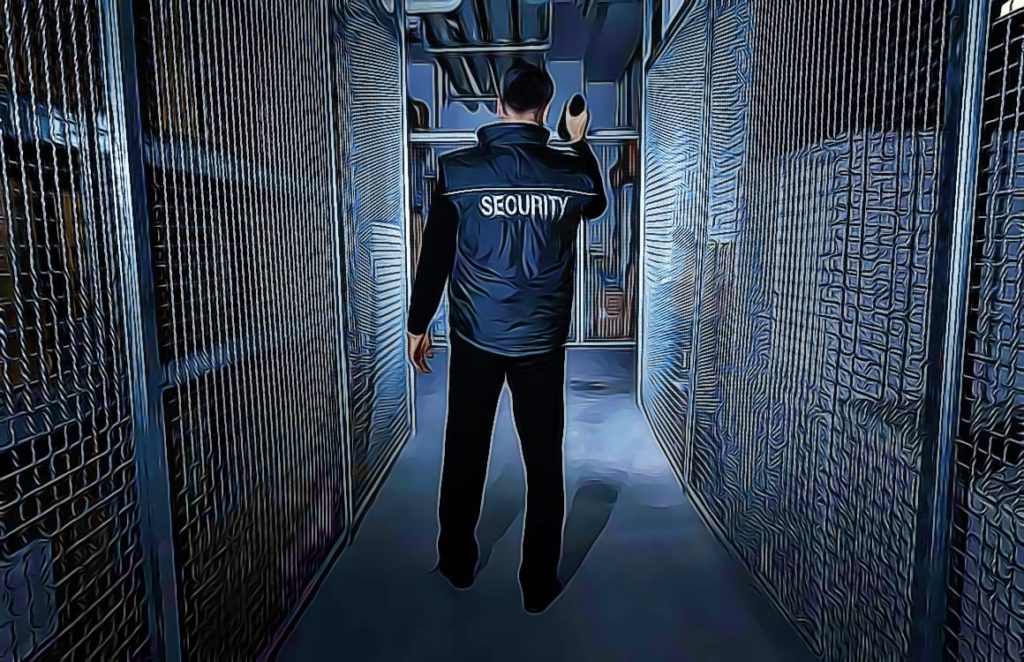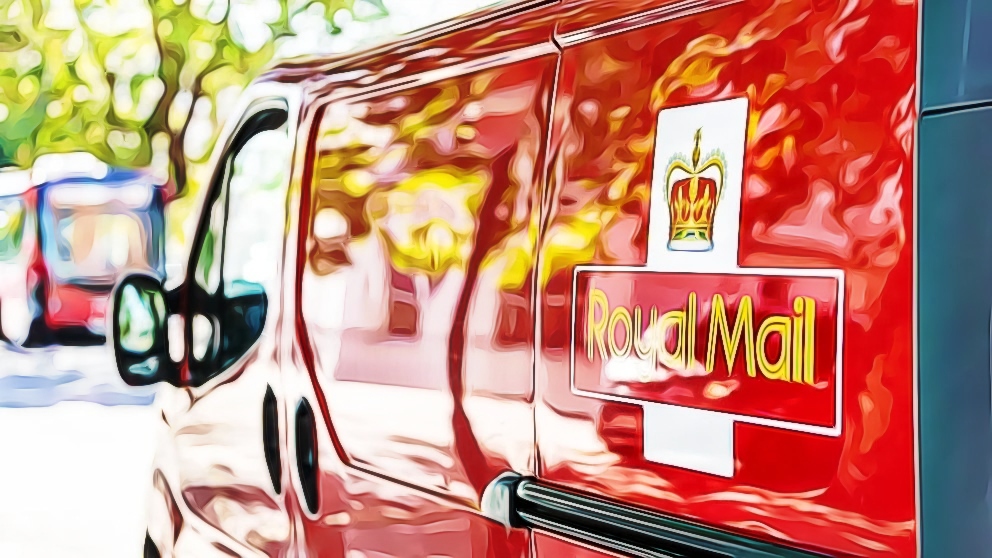About Lesson
In a COVID-19 testing site day officers have different responsibilities as compared to the night officers, and it’s very important to understand the difference between these roles and responsibilities.

It is essential for night officers to get a quick brief handover from the day officers, and therefore very important for them to be on site 15 minutes before scheduled start time.
- Ensure you are wearing appropriate uniform as approved by your line manager.
- Arrive to site 15 minutes before scheduled start time. Register and log your name in the office to pick up a radio.
- Ask the site supervisor for a quick brief and introduction of site, and the positions that needs to be secured at all times.
- Night officers mainly have three positions to cover, Entrance, Exit and Parking and these positions need to be manned and secured at all times.
- The site closes at 8pm, until when all the night officers must carry out the same duties as the day officers.
Once the site is closed, the site supervisor and the operatives will leave the building. Night officer must secure the building and carry out the below activities:
- Keep site phone always with you, Deliveries and collections will call on this phone to contact you.
- You will most likely have 1 collection around 9pm from Royal Mail for the testing kits.
- You will have 1 delivery over the night, likely between 2300 to 06:00.
- You must carry out temperature checks every one hour during the night, and ensure that the temperature is 3 degrees to 22 degrees.
- If the temperature falls below 3 degrees or goes above 22 degrees, you must call the emergency numbers provided and inform them of unusual temperature readings.
- Carry out patrolling duties, checking entry and exit points every two hours.
- Always keep the welfare room clean and tidy, do not leave a mess for the day team
